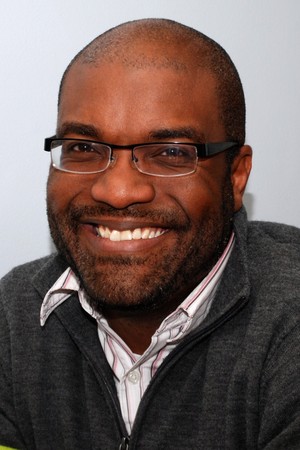Just Another Mass Shooting
Refusing to adjust to this new norm
by Derrick Weston
When I woke to the news of the Orlando shooting on Sunday morning, I was immediately transported back to the Sunday morning I had to preach after Gabby Gifford was shot.
And then to the morning when I had to preach after the shooting in Aurora
And the Sunday after Sandy Hook.
I’ve been away from pastoral ministry now for almost three years and I’ve watched my friends and colleagues anguish on an increasingly regular basis with what needs to be said as tragedy follows tragedy.
Some of the responses have just become boilerplate at this point. “God was with those who were slaughtered”, “Our country has an obsession with guns”, “How many more times does this need to happen before we do something?”. Then there are all of the analysis of the shooter.
We go through our mental checklists:
Was he black? (almost never)
White? (usually)
Muslim? (uh oh!)
Mentally ill? (yes, but . . .)
Once we have the answers we then go into identity damage control.
“Not all Muslims do . . .”
“You can’t judge an entire group of people on one sick person’s actions.”
The pushback is predictable too.
“If someone else had had a gun, there would have been less death.”
“We don’t need more gun regulation!”
And in cases like Orlando, “This is about radical Islam!”
I’m weary of this. I don’t want to live in a country where this is our new normal. I don’t want to raise my kids in a culture that necessitates mass shooting drills. Should I go back to congregational ministry, I don’t want to have standard liturgy for times like this. My biggest fear is that this is becoming mundane. I worry that this has become so routine, that we simply go into grief/outrage mode without time in between to catch our collective breath.
This cannot become who we are.
Dr. Martin Luther King Jr. seems to always have the right words. In a 1963 speech, he talked about being maladjusted to certain parts of the culture around him:
In the speech King says: My friends, as I move to my conclusion, there are certain things in our nation and in the world which I am proud to be maladjusted and which I hope all men of good‐will will be maladjusted until the good societies realize. I say very honestly that I never intend to become adjusted to segregation and discrimination. I never intend to become adjusted to religious bigotry. I never intend to adjust myself to economic conditions that will take necessities from the many to give luxuries to the few. I never intend to adjust myself to the madness of militarism, to self‐defeating effects of physical violence. . . .
. . . In other words, I’m about convinced now that there is need for a new organization in our world. The International Association for the Advancement of Creative Maladjustment –men and women who will be as maladjusted as the prophet Amos. Who in the midst of the injustices of his day could cry out in words that echo across the centuries, “Let justice roll down like waters and righteousness like a mighty stream.”
I won’t adjust to a world where military grade weapons are easier to get than cold medicine.
I won’t adjust to a normal where the right to carry a weapon is valued higher than the right to exist.
In won’t adjust to a climate that uses violence as the primary means of problem solving.
I won’t adjust to a climate of fear and hatred that allows individuals to feel so marginalized that they only express themselves through hateful speech and actions.
I will not be numbed or hardened by the violence of this world.
I will continue to love without reservation and without qualification. The church is called to be that association of creative maladjustment of which Dr. King spoke. We’re called to a better way, a more abundant life free of fear, bigotry, aggression, and malice. The love of Christ ruins us for this world by giving us dreams of a better one. May we hear the words of Paul anew, to not be conformed (adjusted) to this world but to be transformed (maladjusted) by renewing our minds.